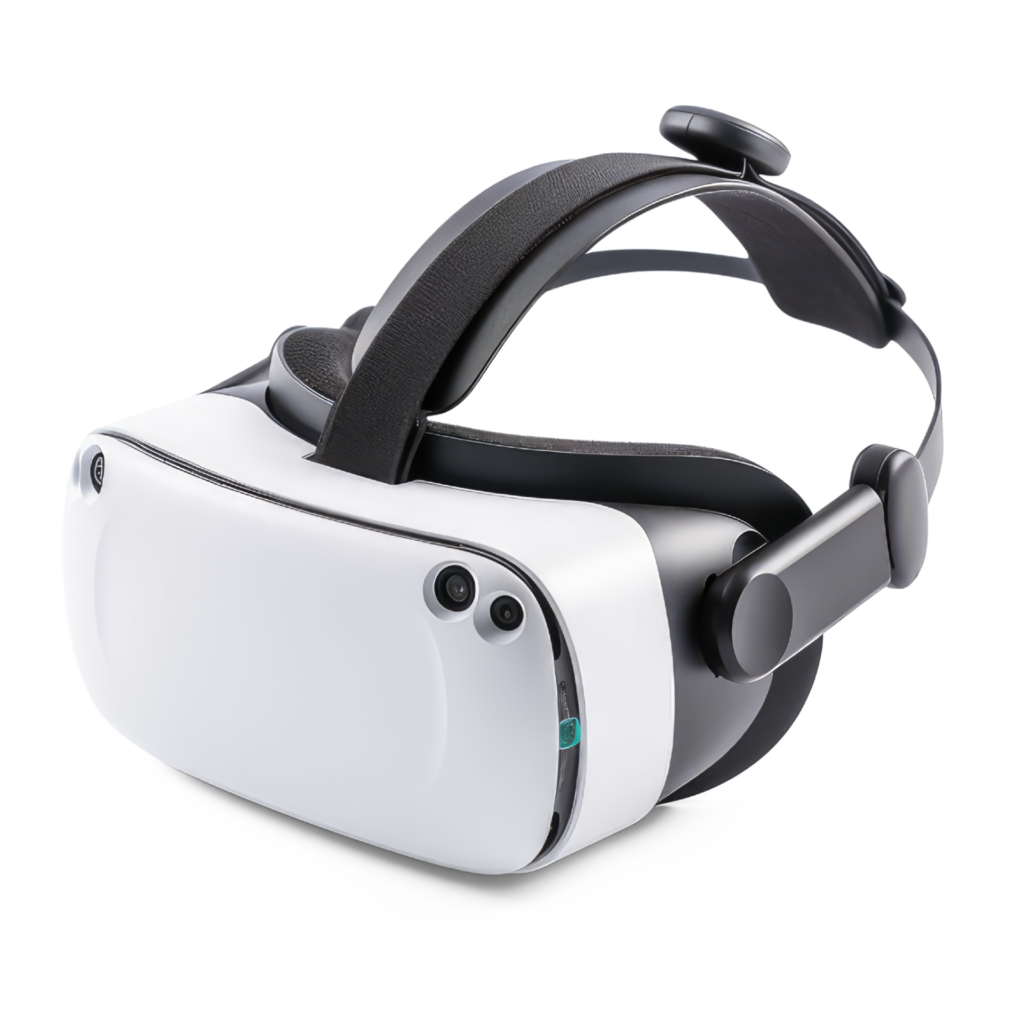Virtual Reality Applications

VR provides users with a highly immersive experience, allowing them to feel like they are physically present in a simulated environment. This immersion can enhance engagement and emotional connection, making VR particularly effective for training, education, and entertainment purposes.
VR enables realistic training simulations for various industries, including healthcare, military, aviation, and manufacturing. Trainees can practice complex procedures, scenarios, and tasks in a safe and controlled virtual environment, reducing the risks and costs associated with real-world training.
VR can improve learning outcomes by providing interactive and experiential learning experiences. Students can explore virtual environments, manipulate objects, and interact with simulations, facilitating better understanding and retention of information across diverse subjects and disciplines.
VR is increasingly used in healthcare for therapeutic purposes, such as pain management, rehabilitation, and mental health treatment. Immersive experiences can distract patients from discomfort and anxiety during medical procedures or help them confront and overcome phobias and PTSD symptoms in controlled virtual environments.
VR allows architects, designers, and urban planners to create and explore virtual representations of buildings, landscapes, and urban environments. This enables stakeholders to visualize and experience architectural designs before construction, facilitating better design decisions and stakeholder engagement.
VR facilitates remote collaboration and communication by creating virtual meeting spaces where geographically dispersed individuals can interact and collaborate in real-time. This is particularly useful for teams working on design projects, product development, and collaborative decision-making across different locations.
VR offers immersive and interactive entertainment experiences, allowing users to explore virtual worlds, play games, and engage in interactive storytelling. VR gaming, in particular, provides a level of immersion and interactivity that traditional gaming platforms cannot match, offering players a more visceral and engaging gaming experience.
